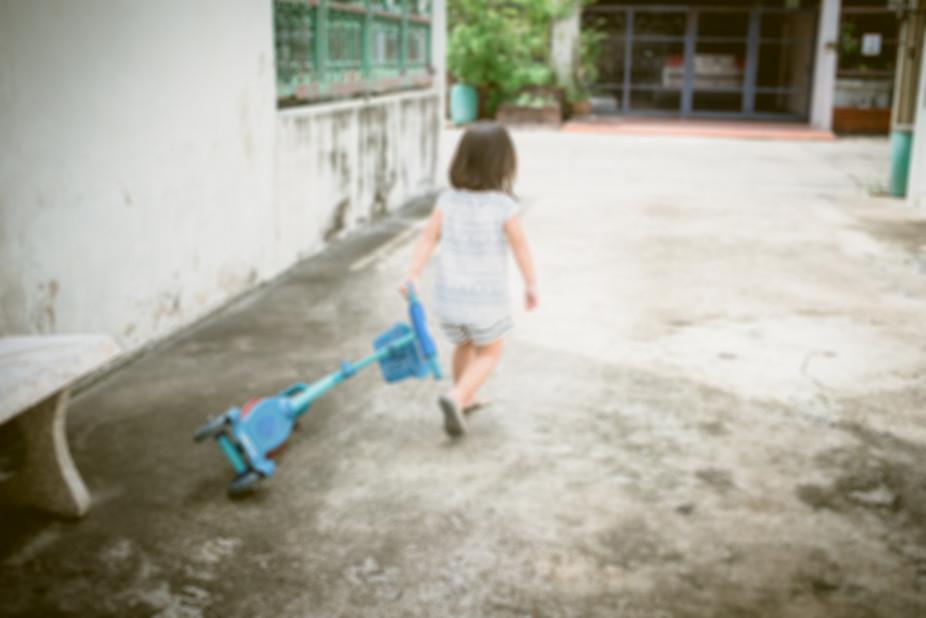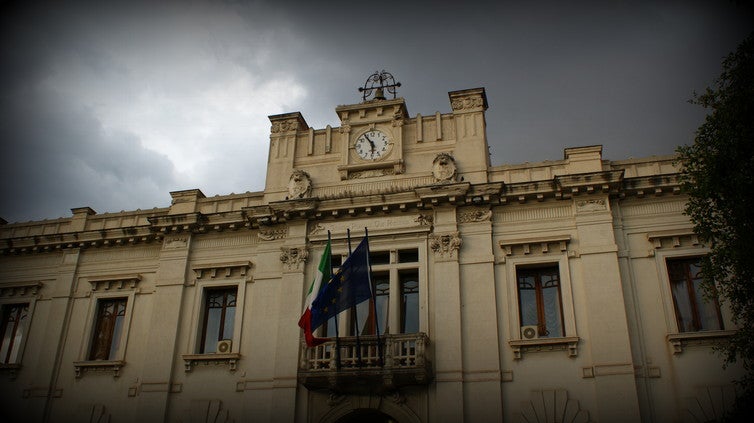Italian judges removing children from mafia families are right to think long term
In ’Ndrangheta mafia families, the inter-generational links go deep

Your support helps us to tell the story
From reproductive rights to climate change to Big Tech, The Independent is on the ground when the story is developing. Whether it's investigating the financials of Elon Musk's pro-Trump PAC or producing our latest documentary, 'The A Word', which shines a light on the American women fighting for reproductive rights, we know how important it is to parse out the facts from the messaging.
At such a critical moment in US history, we need reporters on the ground. Your donation allows us to keep sending journalists to speak to both sides of the story.
The Independent is trusted by Americans across the entire political spectrum. And unlike many other quality news outlets, we choose not to lock Americans out of our reporting and analysis with paywalls. We believe quality journalism should be available to everyone, paid for by those who can afford it.
Your support makes all the difference.The youth tribunal in Reggio Calabria, in the Southern Italian region of Calabria, is pioneering a new form of intervention, aimed at breaking the family bonds between children and their parents who are under investigation, charged or convicted for mafia-related crimes. As the procedure falls under family law, the tribunal can intervene even in the absence of a charge or a conviction of the parents. Once anti-mafia authorities start an investigation, children of suspects can be removed from their parents.
Since 2012, around 40 proceedings have successfully limited or removed paternity rights within mafia families, almost exclusively aimed at fathers. The children affected receive support from social services, including inclusion in the foster system, and they are often sent outside the region as part of special education programmes.
There was a peak in removals after a partnership agreement in 2013 with district prosecutors. Then in mid-2016, the president of the youth tribunal, Roberto Di Bella, published a decree to codify the procedure, explaining how to justify the removals under Italian law. This now means that the procedure is applicable to the whole of Italy, although so far it has only been applied in Calabria.
’Ndrangheta family model
The reasons why the authorities have turned to this extreme policy is closely linked to the situation in Calabria. The families involved are members of the ’Ndrangheta, the most globalised, powerful and wealthiest part of the Italian mafia. While the ’Ndrangheta clans are deeply rooted in Calabria, investigations over the last 30 years have shown the spread of their presence to the rest of the country, especially in the north of Italy.
The term ’Ndrangheta also refers to a set of behaviours. These are characterised by the use of intimidation, disregard for authority and the law, involvement in criminal activities and preoccupation with personal gain. All of this is imbued in the cultural and social codes of the Calabrian region. The most traditional manifestations of Calabrian culture, from religion to community organisation, are linked to the centrality of families. Marriage is used between families to preserve reputation and social prestige.
This explains why the youth tribunal argued that the ’Ndrangheta clans’ grip on the territory should be understood as a “socially inherited phenomenon”, where family relationships play a crucial role. Mafia culture is based on the centrality of the father figure: at the same time both boss and pater familias. Mothers instil the mafia culture and transmit values such as omerta (the behaviour of keeping silent when things do not relate to you directly), honour and respect. Sons are expected to step into their father’s shoes and daughters are crucial for strategies of marriage and alliances.
Breaking up the bonds between parents and their children in areas such as Reggio Calabria is therefore an effective way to stop criminal traditions being passed from generation to generation. The ’Ndrangheta – the most international of the various branches of the Italian mafia – needs to keep its local roots intact and strong to be able to move criminals and criminal activities abroad.
Justice versus protection

The removal policy has not been without controversy, particularly regarding the welfare of the children removed from their families. Critics have questioned the legitimacy and impact of relying on judicial intervention as a form of “child saving”.
More widely, removing children from home has been criticised as a punishment to the children rather than a mechanism to protect them. Some have also argued that policies in which children are removed from their parents can eventually lead to children being used as objects through which to accuse and punish parents even more. However, a small study has also shown improvement in the quality of life of children who are removed from negligent homes. As my research has also highlighted, programmes of child protection as part of policies to tackle organised crime are also present in other countries under the auspices of crime prevention.
In the fight against the ’Ndrangheta so far, child protection can be justified on the basis of the pervasiveness of the mafia subculture within the home. But it may take generations to tell whether the policy will have a long-term impact on the culture of these mafia families.
Anna Sergi is a lecturer in criminology at the University of Essex. This article was originally published on The Conversation (www.conversation.com)
Join our commenting forum
Join thought-provoking conversations, follow other Independent readers and see their replies
Comments